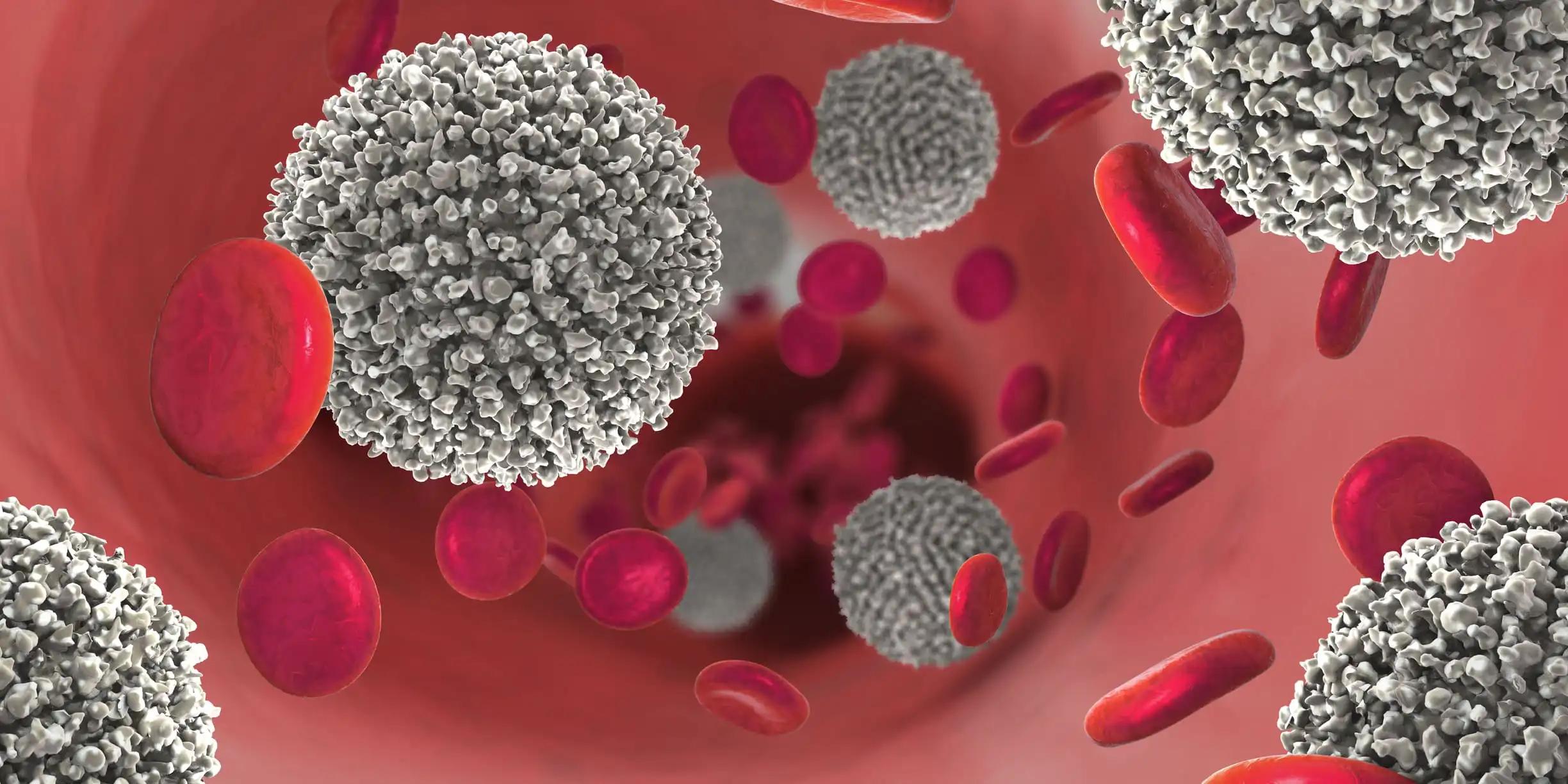KEY TAKEAWAYS
- The HIBISCUS phase 1/2 trial is evaluating the pharmacokinetics of etavopivat in children with sickle cell disease.
- The trial aims to assess the maximum concentration, area under the concentration-time curve, and steady-state plasma exposure of etavopivat.
- This study in pediatric patients aims to contribute additional data on the safety and tolerability of etavopivat and its potential to improve RBC health and longevity in SCD.
Etavopivat is in clinical development as a once-daily, selective erythrocyte pyruvate kinase (PKR) activator to treat patients with sickle cell disease (SCD) and other hemoglobinopathies. Through decreasing 2,3-diphosphoglycerate (DPG) and increasing adenosine triphosphate (ATP), PKR activation is hypothesized to decrease HbSpolymerization and enhance RBC membrane function. This will decrease RBC sickling and hemolysis, reducing vascular obstruction and anemia.
HIBISCUS-KIDS (PACTR202209604592389) is a single-arm, open-label, phase 1/2 trial designed to assess the pharmacokinetic (PK) response, safety, and tolerability of etavopivat in pediatric patients with SCD. Patients will receive a daily dose of 400 mg etavopivat for 24 weeks, followed by an extension of 72 weeks. Up to 50 patients aged 12 to 18 will be enrolled in this study at 15 sites in 6 countries (Canada, United Kingdom, Lebanon, Turkey, Nigeria, and Kenya). After a minimum of 12 weeks, safety, pharmacokinetics (PK), and clinical activity data will be evaluated and shared with the safety review committee to inform future decisions regarding the prospective inclusion of patients younger than 12 years. The inclusion criteria include a confirmed diagnosis of SCD with a documented genotype and a hemoglobin value between 5.5 and 10.5 g/dL. Hospitalization, hospital or clinic visits for more than 10 VOCs 12 months before treatment initiation, or hospitalization for any SCD-related complication within 14 days of the screening period are critical exclusion criteria.
The primary objective is to evaluate the pharmacokinetics (PK) of etavopivat in children with SCD based on the primary endpoints: maximum concentration, the area under the concentration-time curve, and steady-state plasma exposure. Etavopivat’s safety and tolerability during the 24-week immediate treatment period is a co-primary endpoint that will be analyzed based on the number of reported adverse events (AEs), severe AEs, and AEs related to etavopivat, as well as premature discontinuations, dose interruptions, and dose reductions of etavopivat. Principal secondary and exploratory study objectives include evaluating the effects of etavopivat on Hb response, VOCoccurrences, changes in fatigue and cerebral blood flow, silent cerebral infarct incidences, and functional capacity.
This investigation is ongoing, and results still need to be made available. The first dose and patient have been administered in Lebanon, and sites in Canada, the United Kingdom, Turkey, Nigeria, and Kenya are scheduled to open for enrollment.
Clinical Trial: https://clinicaltrials.gov/ct2/show/NCT04624659
Raffaella Colombatti, Julie Kanter, Eric Wu, Leila J. Clay, Andrew Campbell/TRIAL IN PROGRESS: THE HIBISCUS-KIDS STUDY, A SINGLE-ARM, OPEN-LABEL, PHASE 1/2 STUDY TO EVALUATE THE PHARMACOKINETICS AND SAFETY OF ETAVOPIVAT IN PEDIATRIC PATIENTS WITH SICKLE CELL DISEASE/Inc, M. G. (n.d.). TRIAL IN PROGRESS: THE HIBISCUS-KIDS STUDY, A SINGLE-ARM,… by Raffaella Colombatti. Library.ehaweb.org. Retrieved July 19, 2023, from https://library.ehaweb.org/eha/2023/eha2023-congress/387620/raffaella.colombatti.trial.in.progress.the.hibiscus-kids.study.a.single-arm.html?f=menu%3D16%2Abrowseby%3D8%2Asortby%3D2%2Ace_id%3D2489%2Aot_id%3D27901%2Atrend%3D4016%2Amarker%3D4179



